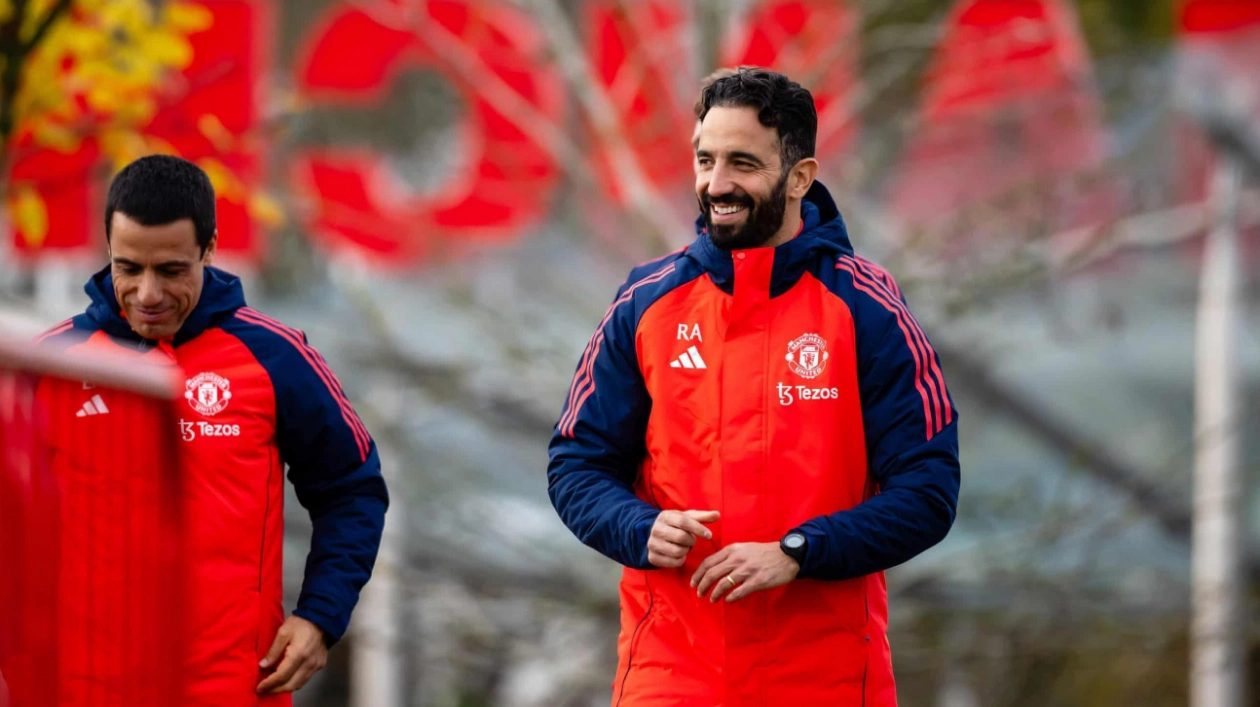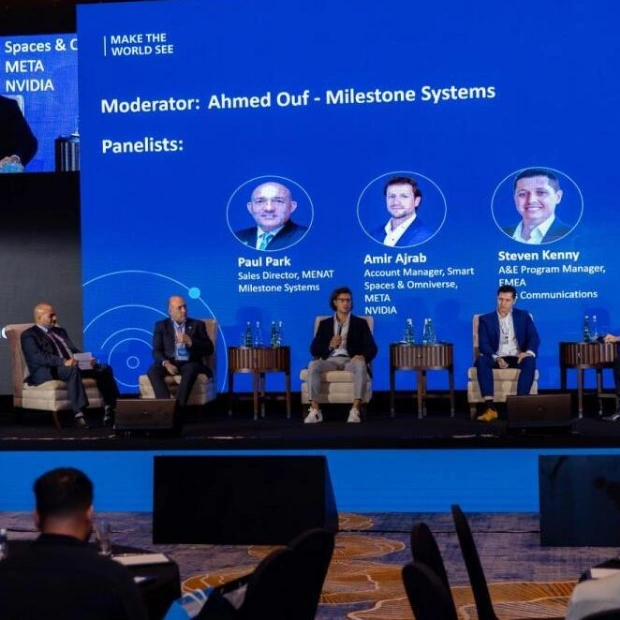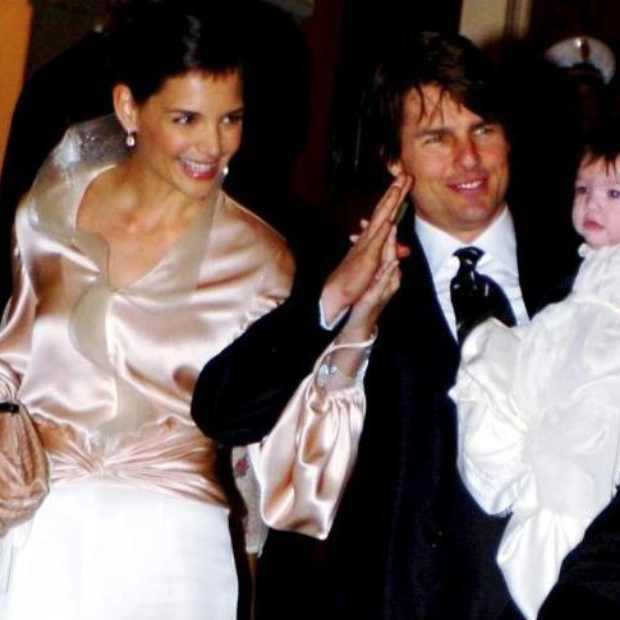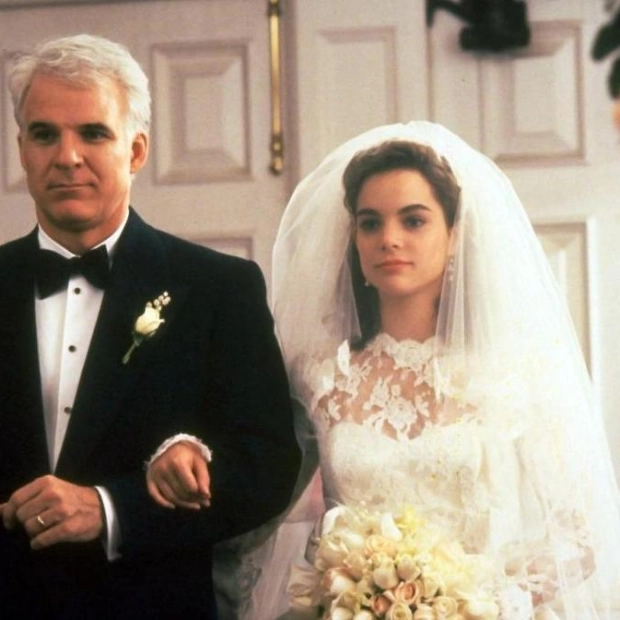The journey from the Portuguese third tier to Portman Road is an extraordinary one, taking Rúben Amorim from obscurity to one of the most scrutinized coaching positions globally. Amorim was compelled to leave his first coaching role at Casa Pia after being penalized for lacking the required qualifications, but he has since soared to become one of Europe's most coveted coaches. The Estádio Pina Manique, located on the outskirts of Lisbon, is where Amorim spent most of his playing and managerial career. This venue, which accommodates around 2,500 spectators, is a far cry from the 30,000 expected at Amorim's debut as Manchester United manager at Ipswich on Sunday.
Amorim's tenure at Casa Pia was brief, lasting only six months, cut short due to sanctions for instructing from the sidelines without the necessary credentials. Despite his short stay, he made a profound impact on those he worked with. "When he announced in front of the group that he was leaving, I saw 10, 12 teammates crying," recalls former Casa Pia forward José Embaló. "I went to shake his hand and hug him, and he said: 'I'm so sorry but keep working. You never know what life is waiting for you.'" This was the first job where Amorim implemented the 3-4-3 formation that has since been the cornerstone of his success.
The foundations of his coaching staff also began at Casa Pia, with the young Adélio Cândido and Carlos Fernandes starting their careers alongside him. "Adélio and Carlos Fernandes were very loyal to him," Embaló notes. "They have so much talent to be a top coach. I was 25, while Adélio and Carlos Fernandes were 22, 23. But their minds were so big on football that I learned a lot from them. I really appreciate the way they see football – they showed me age doesn't matter."
Amorim's extensive playing career had concluded two years earlier, and he used the interim period to prepare for his coaching approach, including his man-management style. At 33, he was managing players older and not much younger than himself, but none had reached the heights he did as a midfielder at Benfica. "He's part of the family, he treats you with all the respect," Embaló says. "At that time, to see him as an older brother who knows a lot of football and the love you see in his eyes, the love he has for football."
Embaló, who has played in 11 countries, reflects on Amorim's impact. "As a player, when you see the person first and then you see a coach. You just appreciate the time you have together and enjoy," says the 31-year-old. "I used to go to training and after I didn't know what to do, I just wanted to go home, rest and wait for the next day to go training because it was so enjoyable."
At Casa Pia, Amorim faced Pedro Russiano, an old friend from his Benfica academy days. The duo were teammates throughout the age groups when Amorim first experienced elite coaching under José Mourinho's former assistant, José Morais. "Sometimes he [Morais] put Rúben right-back or central defender or midfielder, defensive midfielder or No 8 or No 10, and always he knows to play in this position," Russiano recalls. "He knew how to play every position and I think it helped him become a smart coach because he was always an intelligent player on the pitch and it's very important for our intelligence as coaches."
When Russiano's Amora faced Casa Pia, the latter suffered a 1-0 defeat. "The secret to winning 1-0 was to put pressure on the three defenders because he [Amorim] didn't have Viktor Gyökeres back then," Russiano explains. "It was the same system, the same dynamics as Sporting. The difference is the depth. He creates more depth with Gyökeres. The evolution of his tactics and teams is this player. He has always had the same tactic, but the players have got better."
This experience served as a springboard for Amorim, leading him to Braga B and eventually the first team, creating a trajectory that continued through his time with Sporting and will now be tested at United. Amorim has evolved as a coach, refining the system he first used at Casa Pia, and he continues to innovate. "I don't know if he will be a success in Manchester, but he arrives at United with them down, like it was when he moved to Sporting," says Russiano. "This is a special thing why Ruben takes Manchester United. He's ready for this."
Source link: https://www.theguardian.com






